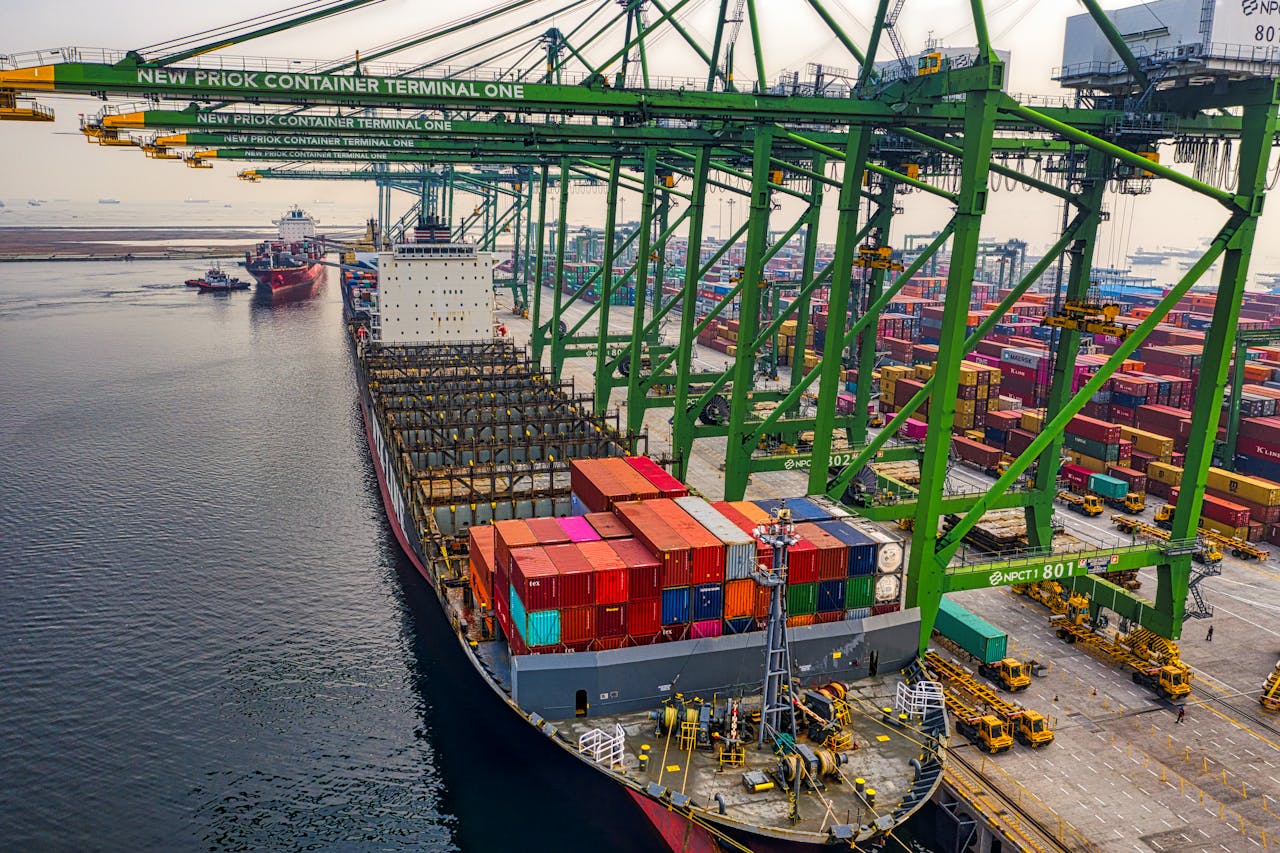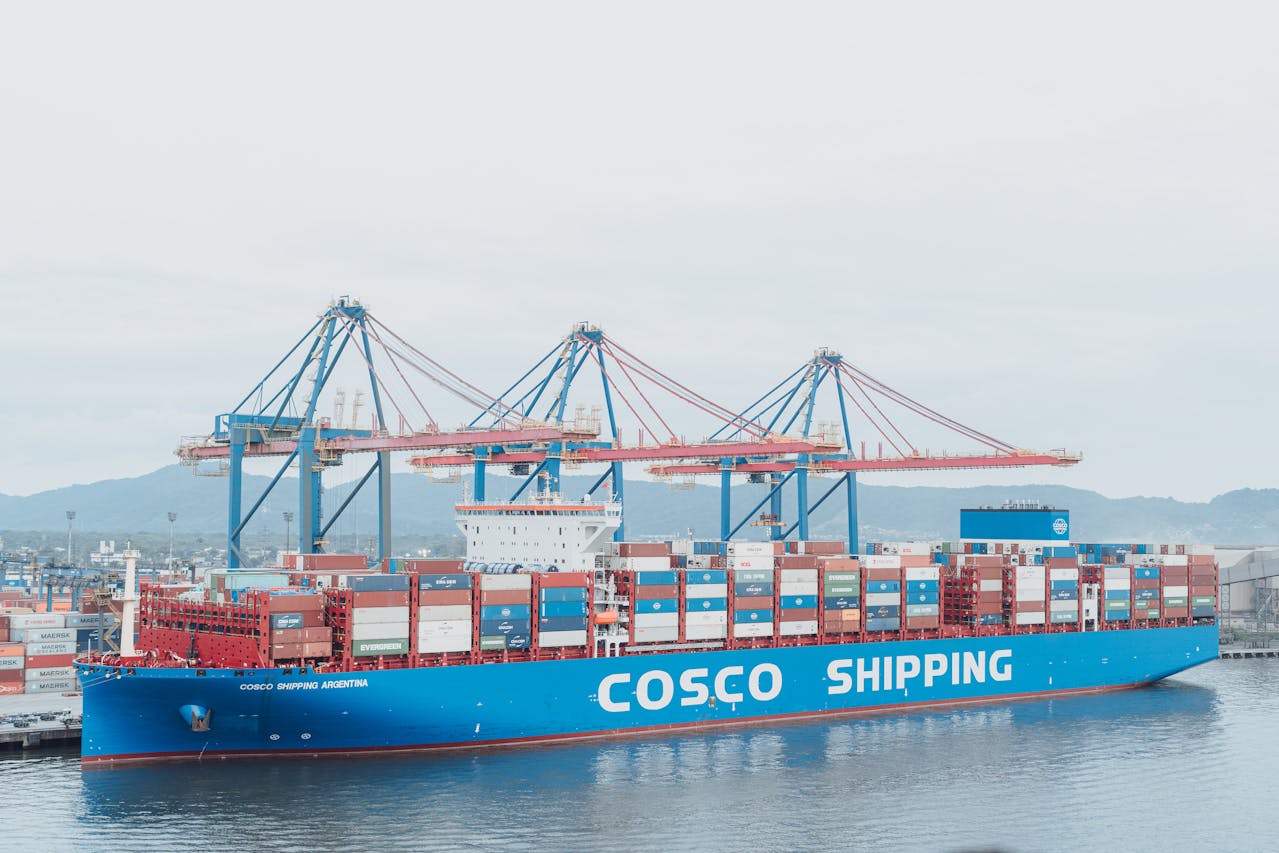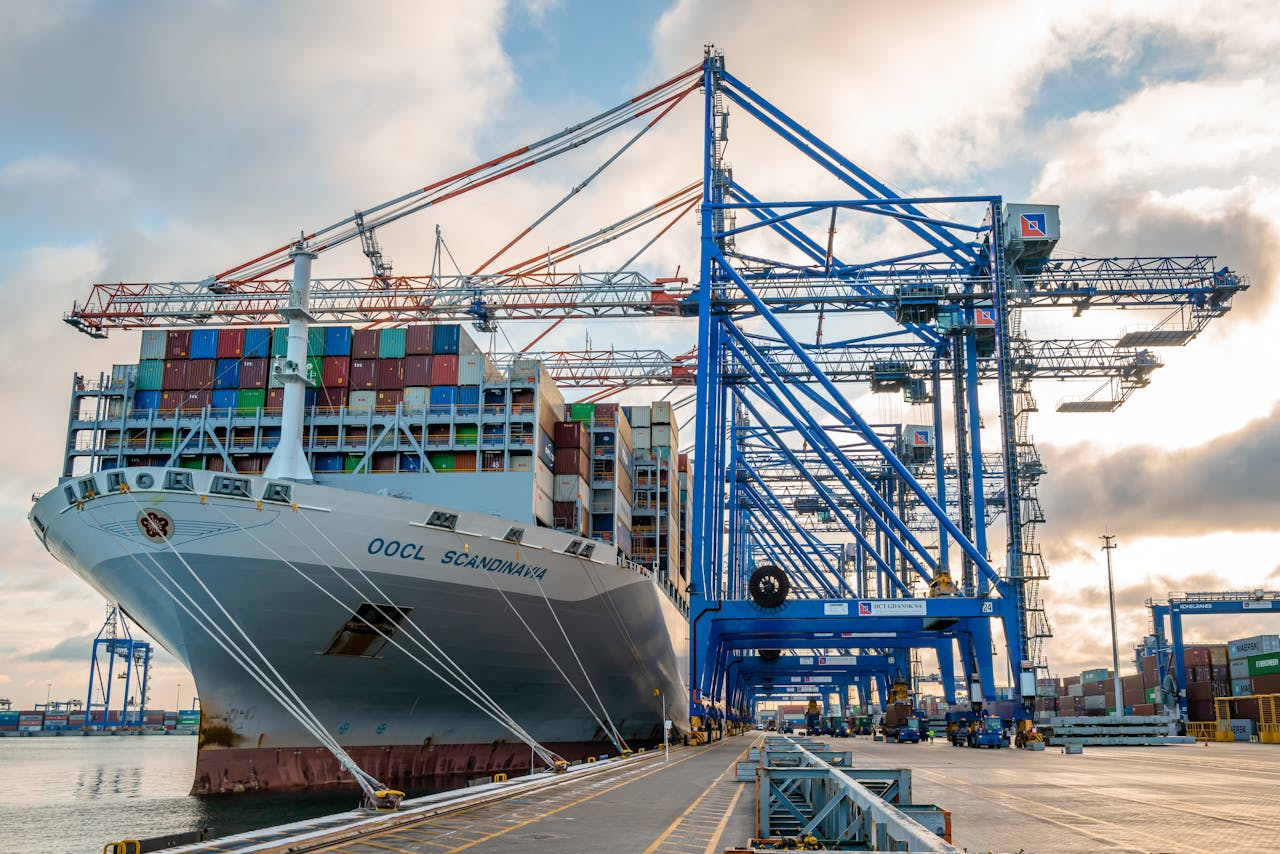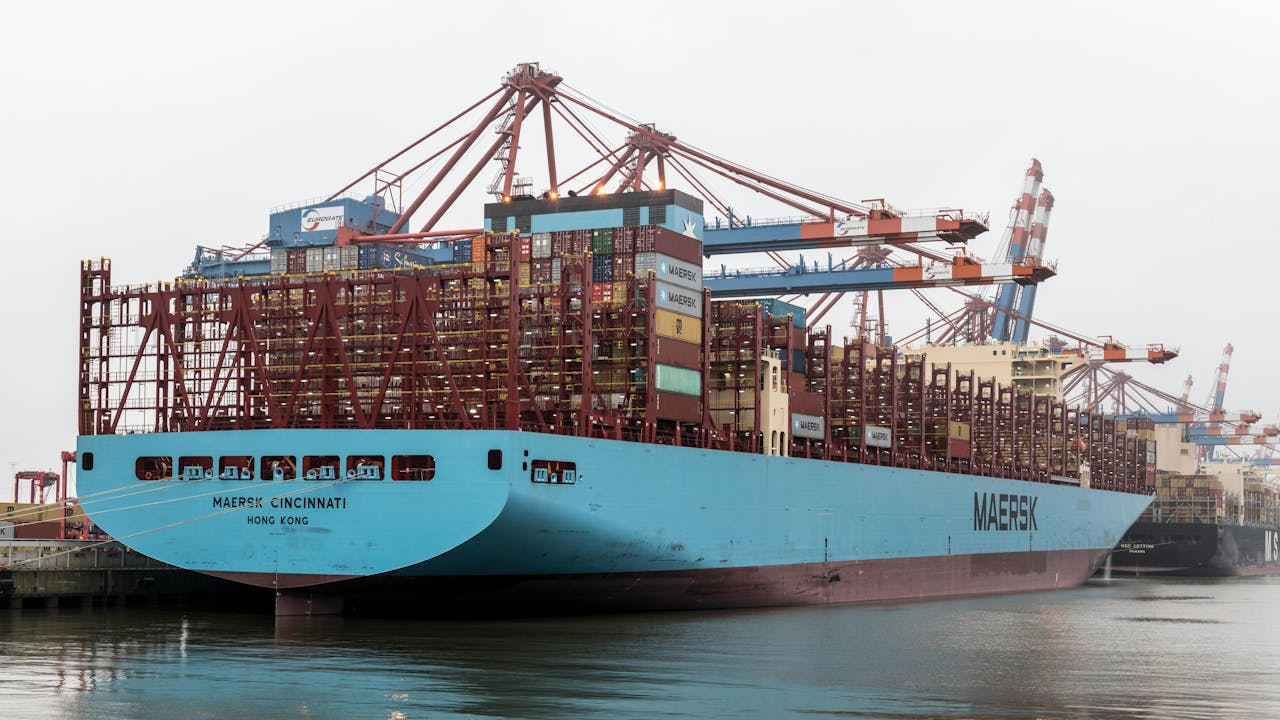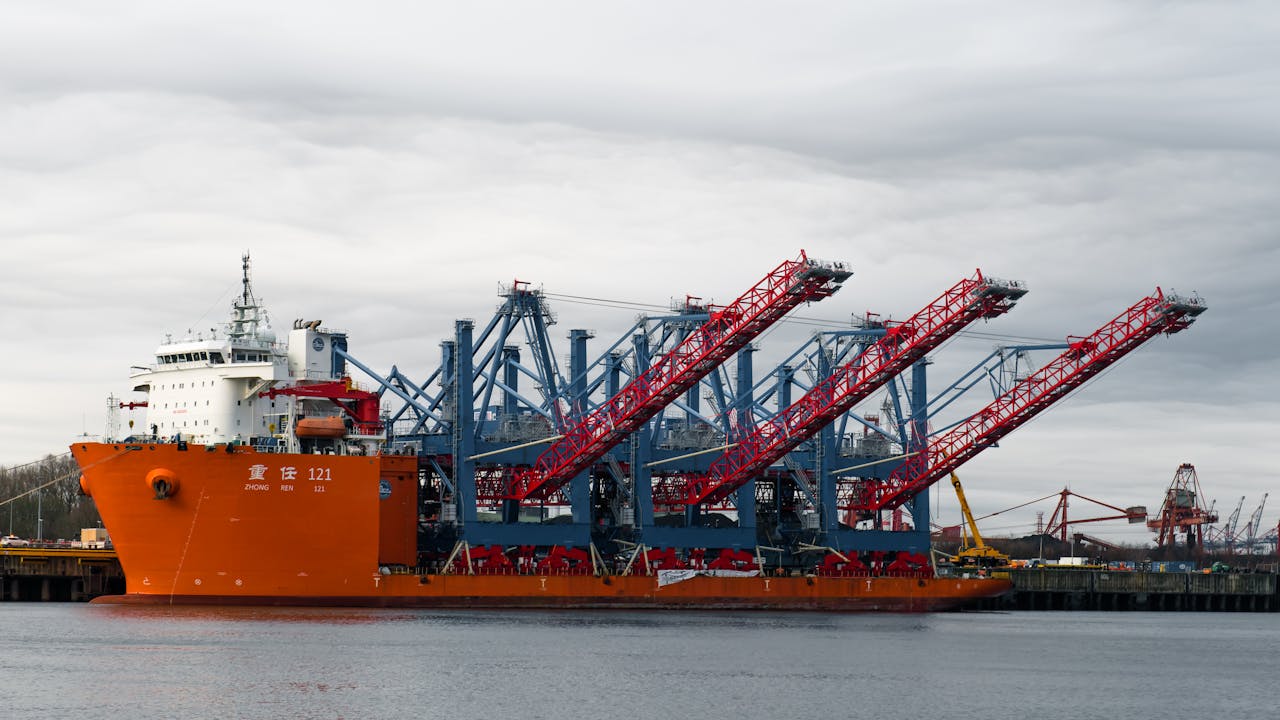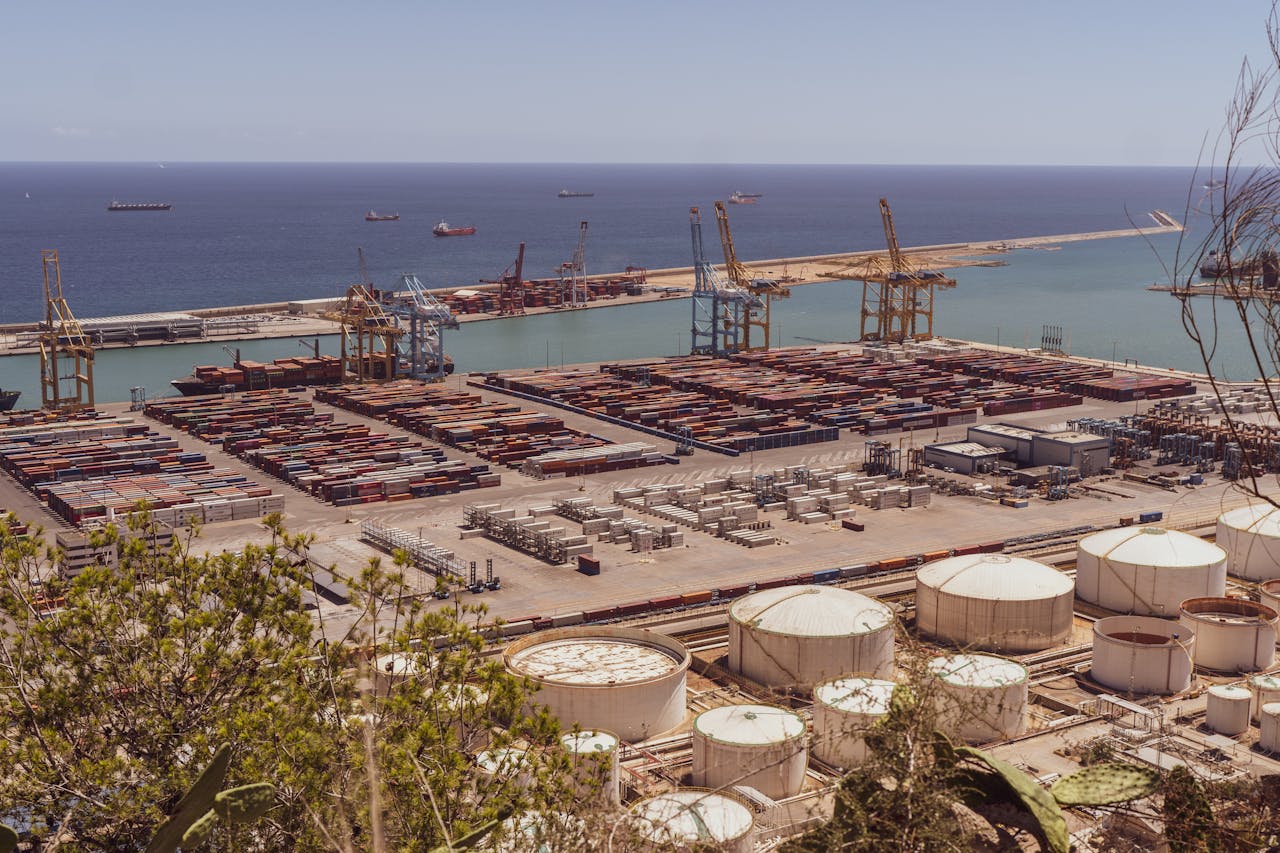Port and Terminal Management Training Course
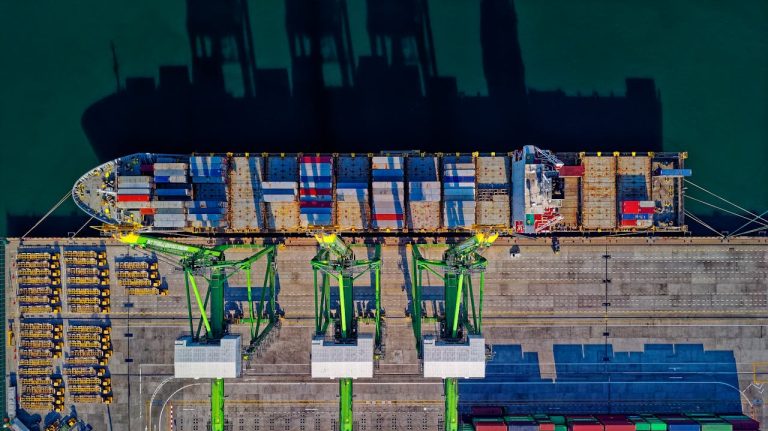
| No upcoming Schedule available for this course. | Register |
|---|---|
| Take control of your schedule! Choose your preferred dates and locations. click the register button. | Register |
| Date | Venue | Duration | Fees (USD) | Register |
|---|---|---|---|---|
| 17 Nov - 21 Nov, 2025 | London | 5 Days | $6305 | Register → |
| 15 Dec - 19 Dec, 2025 | Addis Ababa | 5 Days | $5775 | Register → |
Did you know that effective port and terminal management is crucial for ensuring operational efficiency, strategic infrastructure utilization, and seamless logistics integration, with ports serving as critical nodes in global supply chain networks?
Course Overview
The Port and Terminal Management Training Course by Alpha Learning Centre is meticulously designed to equip professionals with essential skills in port and terminal operational management, strategic thinking, and logistics chain management. This course focuses on how professionals can effectively refine their skills in managing port logistics, enhance operational efficiency, and master port capacity planning to ensure comprehensive operational excellence in modern port environments.
Why Select This Training Course?
Selecting this Port and Terminal Management Training Course offers numerous advantages for professionals involved in port operations and logistics coordination. Participants will gain advanced knowledge of port infrastructure management, terminal operations efficiency, and strategic port management techniques. The course provides hands-on experience with industry-standard port management tools and real-world case studies, enabling attendees to optimise their port operations strategies effectively.
For organisations, investing in this training enhances overall operational efficiency and ensures better alignment with global logistics standards. Research indicates that implementing comprehensive port management frameworks results in enhanced ability to manage complex logistics processes and improve customer satisfaction. According to industry experts, effective port management requires a strong understanding of operational efficiency, logistics integration, and strategic planning.
Studies show that professionals who complete this course can significantly enhance their career prospects by gaining specialized skills in port and terminal management. This training enhances professional profiles by providing expertise in port infrastructure development, terminal operations efficiency, and logistics chain management, which are highly valued by employers in the maritime industry. Participants gain advanced knowledge of port management strategies, aligning with international standards and best practices, which emphasizes the importance of operational efficiency and strategic planning in maritime operations. By investing in this training, individuals can significantly enhance their career trajectory and personal development, positioning themselves as experts in port and terminal management.
Transform your port management capabilities – Register now for this critical advanced training programme!
Who Should Attend?
This Port and Terminal Management Training Course is ideal for:
- Terminal managers
- Port operations executives
- Professionals in charge of port development projects
- Analysts focusing on port performance
- Strategiests
- Logistics coordinators interacting with port operations
What are the Training Goals?
The objectives of this course are to enable professionals to:
- Refine skills in port and terminal operational management
- Enhance strategic thinking for port infrastructure utilization
- Improve capabilities in managing port logistics chains
- Ensure operational efficiency and service quality in terminals
- Master the art of port capacity planning and optimization
How will this Training Course be Presented?
The Port and Terminal Management Training Course delivers comprehensive, hands-on training through proven methodologies designed to maximise learning outcomes and practical skill development. Our expert instructors employ the following methods:
- Simulation exercises of port management scenarios
- Case studies highlighting successful port strategies
- Interactive workshops for operational planning
- Expert-led sessions on port efficiency
- Practical assessments of terminal management practices
Each delivery method is carefully integrated to ensure participants gain both theoretical knowledge and practical experience. The course structure promotes active engagement and real-world application, allowing participants to develop crucial analytical and strategic skills within a supportive learning environment.
Join us to experience this dynamic and effective learning approach – Register now to secure your place!
Course Syllabus
Module 1: Port Infrastructure Management
- Strategic planning for port infrastructure development
- Capacity assessment and enhancement strategies
- Maintenance and lifecycle management of port facilities
- Integration of new technologies in port infrastructure
- Land use optimization within port areas
Module 2: Terminal Operations Efficiency
- Berth management and vessel scheduling
- Cargo handling techniques for various goods
- Yard management and storage solutions
- Gate control systems and landside logistics
- Automation and robotics in terminal operations
Module 3: Port Logistics and Intermodal Transport
- Seamless integration of port with rail, road, and inland waterways
- Managing multimodal logistics for efficiency
- Coordination with external logistics providers
- Intermodal terminal design and operations
- Strategies for reducing dwell times and congestion
Module 4: Supply Chain Integration in Port Operations
- Port’s role in global supply chain networks
- Just-in-time logistics and port operations
- Data sharing and visibility across the supply chain
- Collaborative logistics models involving ports
- Impact of port operations on supply chain performance
Module 5: Financial Management for Ports and Terminals
- Revenue models for ports and terminals
- Cost management in port operations
- Investment analysis for new terminal projects
- Pricing strategies for port services
- Financial metrics for port performance evaluation
Module 6: Regulatory Compliance and Safety
- Compliance with IMO, ILO, and local regulations
- Safety management systems for port workers and operations
- Environmental regulations affecting port operations
- Security measures under ISPS Code
- Legal aspects of port and terminal operations
Module 7: Human Resource Management in Port Operations
- Workforce planning for operational peaks
- Training programs for operational excellence
- Managing diverse teams in port environments
- Health and safety protocols for port staff
- Performance management and incentive systems
Module 8: Customer Service and Stakeholder Engagement
- Enhancing customer experience at ports
- Stakeholder mapping and engagement strategies
- Service level agreements and their management
- Communication strategies with shipping lines and clients
- Feedback systems for service improvement
Module 9: Technology and Digital Transformation
- Digital port community systems
- IoT for real-time operations monitoring
- Cybersecurity in port operations
- Digital tools for operational efficiency
- Data analytics for strategic decision-making
Module 10: Port Expansion and Capacity Planning
- Demand forecasting for port services
- Expansion strategies for existing facilities
- New port development considerations
- Project management for port upgrades
- Balancing capacity with sustainability goals
Module 11: Performance Metrics and Benchmarking
- Key performance indicators for port operations
- Benchmarking against global port standards
- Productivity analysis of port and terminal operations
- Efficiency metrics for cargo handling and turnaround
- Continuous improvement through performance data
Module 12: Disruption Management in Port Operations
- Strategies for handling operational disruptions
- Contingency planning for port activities
- Mitigating impacts of strikes, weather, or equipment failures
- Crisis communication with stakeholders
- Recovery plans post-disruption
Module 13: Legal and Contractual Aspects of Port Management
- Contract negotiation for terminal operations
- Legal frameworks for port concessions
- Handling legal disputes in port operations
- Regulatory compliance affecting port contracts
- Insurance and liability in port management
Training Impact
The impact of port and terminal management training is evident through various real-world case studies and data, which demonstrate the effectiveness of structured programmes in enhancing operational efficiency and logistics reliability.
Research indicates that professionals with strong port management skills can significantly improve organisational outcomes. According to industry experts, companies that implement robust port management systems experience tangible benefits including improved operational efficiency, reduced costs, and enhanced compliance with international maritime standards.
These case studies highlight the tangible benefits of implementing advanced port management techniques:
- Improved operational efficiency through streamlined processes
- Enhanced logistics integration and supply chain reliability
- Increased competitiveness through strategic port development and innovation
- Strengthened compliance with global logistics standards
By investing in this advanced training, organisations can expect to see:
- Significant improvement in port operational efficiency
- Improved ability to handle complex logistics challenges
- Enhanced decision-making capabilities through strategic insights
- Increased competitiveness through comprehensive port management strategies
Transform your career and organisational performance – Enrol now to master Port and Terminal Management!

